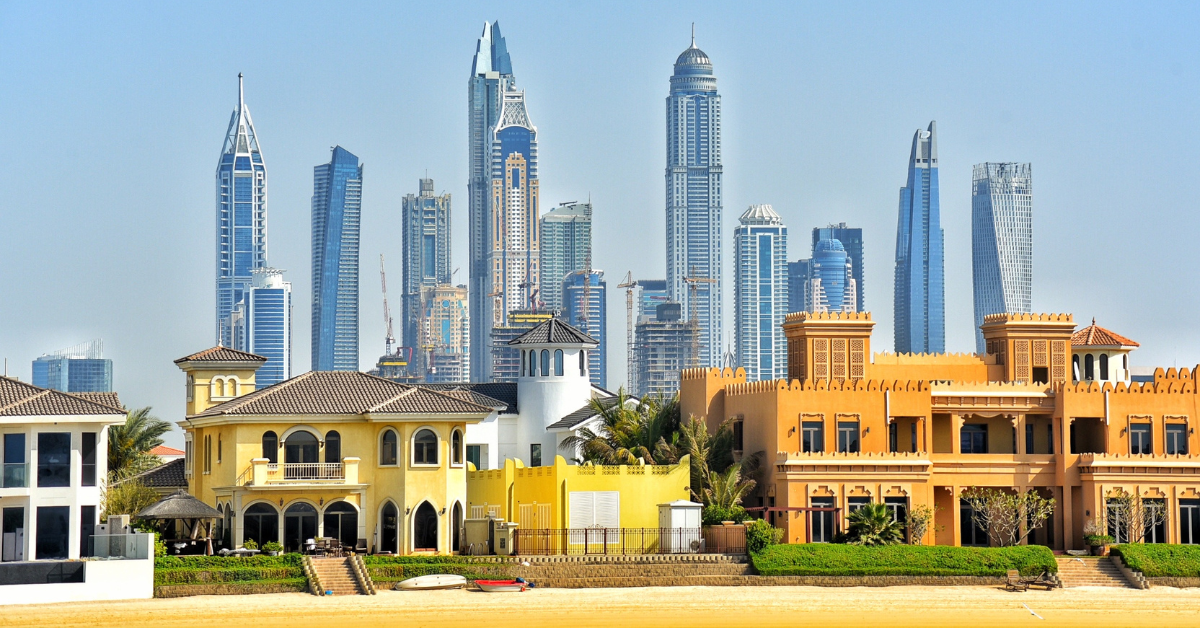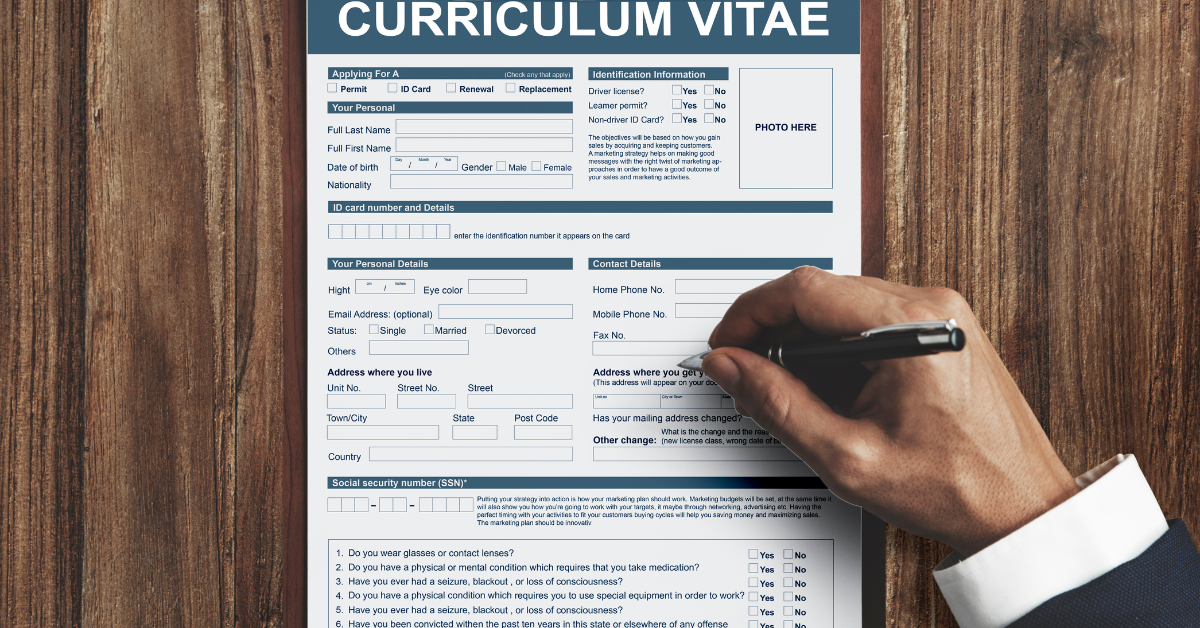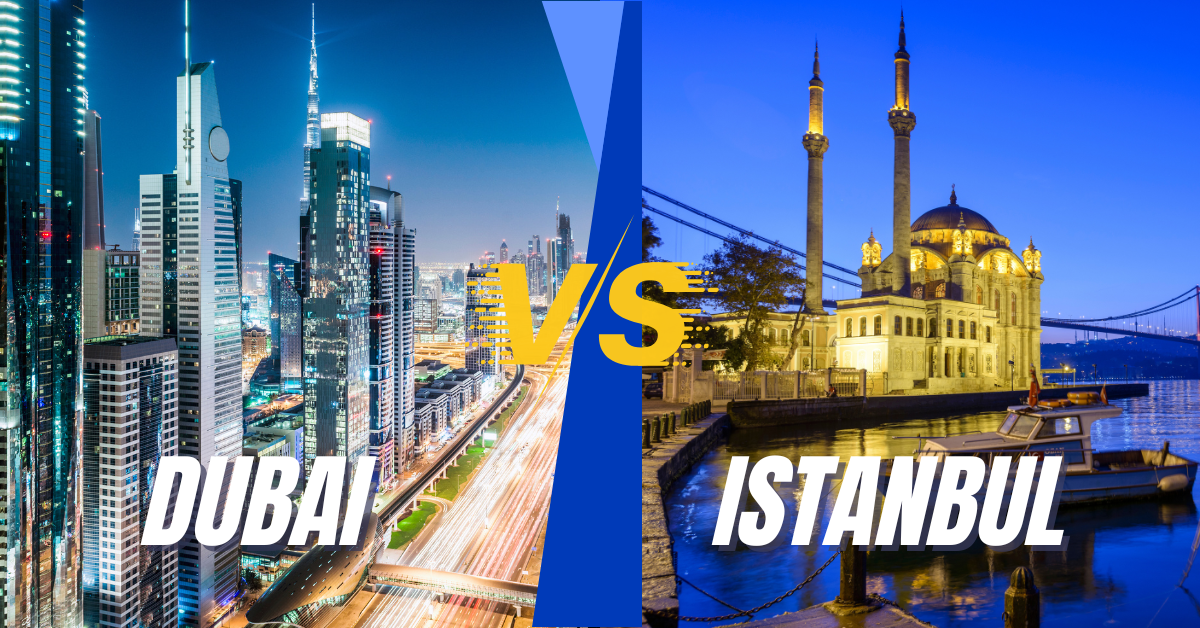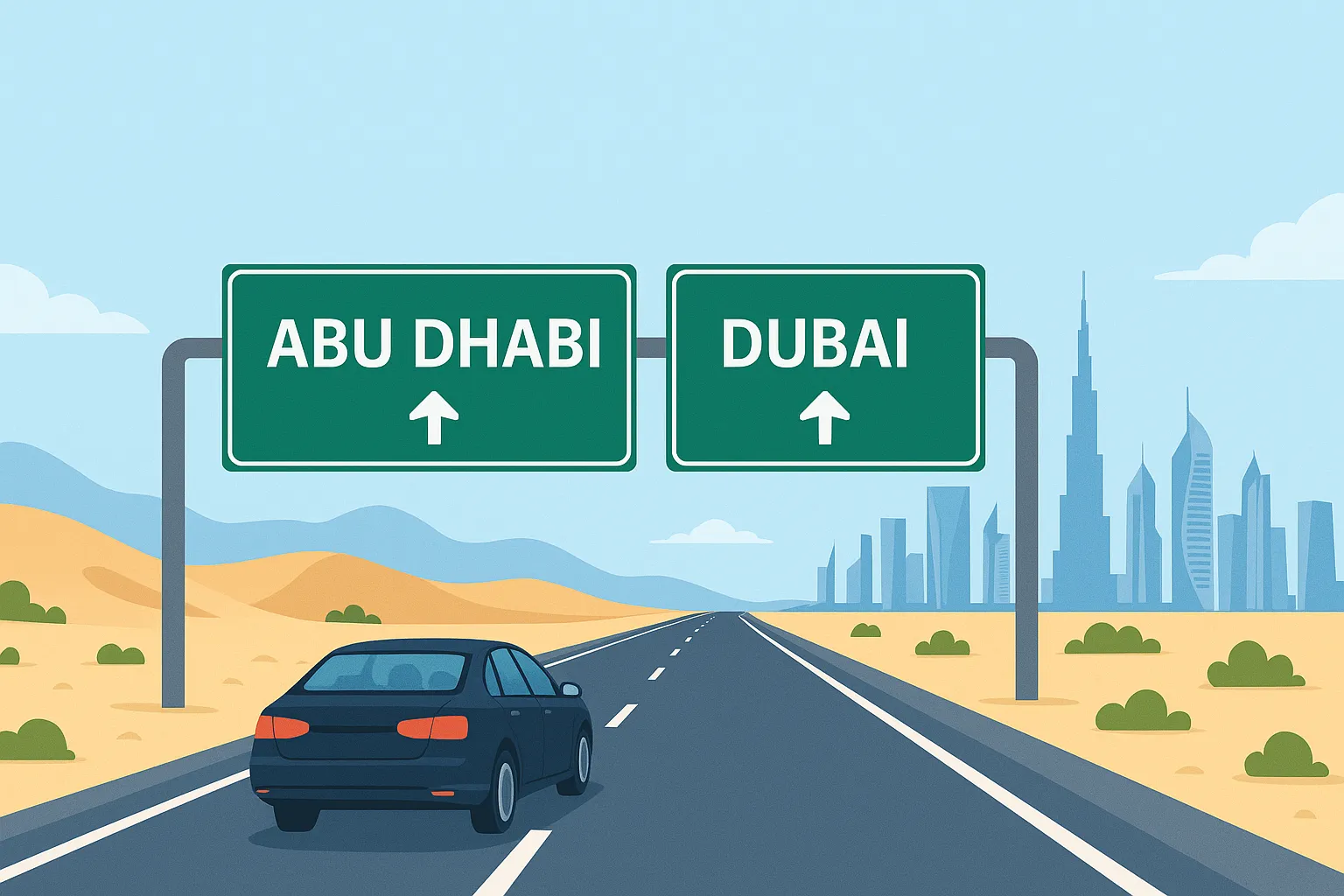Dubai vs Qatar: Cost of Living for Expats Compared

It’s a big deal to pick a new country to live in, especially when the places are as exciting as Dubai and Qatar. Both have modern infrastructure, a high quality of life, and tax-free salaries, which makes them great places for expats coming to the Middle East. Even while they have a lot in common, the cost of living in each place is different, which can have a big effect on your budget and way of life.
If you’re thinking about moving, the most important thing to think about is money: will my money go further in Dubai or Doha? This face-off will show you the most important costs for expats in both places. We will examine the prices of housing, transportation, education, healthcare, and daily life to give you a clear picture of what to expect financially.
You may make a better choice that fits your job objectives, family demands, and financial concerns by looking at these important areas side by side. Let’s have a look at the final cost of living comparison between Qatar and Dubai.
Housing: The Biggest Part of Your Budget
For most expats, rent will be their biggest monthly cost. Both Dubai and Doha have a lot of different types of homes, from busy city centres with high-rise flats to quiet outlying complexes with big villas.
The cost of housing in Dubai
The real estate market in Dubai is well-known for being diversified and always changing. You may discover everything from modest flats to luxurious seaside houses. Prices change depending on where you are, how big it is, and what it has.
Apartments: In a popular expat location like Dubai Marina or Downtown Dubai, a one-bedroom flat can cost between AED 80,000 and AED 120,000 a year. In neighbourhoods that are less expensive, like Jumeirah Village Circle (JVC) or Dubailand, the same size flat can cost between AED 50,000 and AED 75,000 a year.
Families who want more space can rent a three-bedroom villa in a development like Arabian Ranches or The Springs for between AED 150,000 and AED 250,000+ a year.
Payment Terms: Most of the time, rent is paid with checks that are dated after the due date. It’s possible to get a discount by paying with one check, but the usual way to pay is with four to six checks a year.
Costs of Living in Qatar
The property market in Qatar, which is mostly in the capital city of Doha, has grown a lot, especially in preparation for the 2022 FIFA World Cup. Expats could look for places to live in The Pearl-Qatar and West Bay.
Apartments: A one-bedroom flat in a popular area like The Pearl can cost anywhere from QAR 8000 to QAR 12,000 per month (AED 96,000 to AED 144,000 per year). More budget-friendly solutions in locations like Al Sadd or Bin Mahmoud might be available for QAR 5,000 to QAR 7,000 per month.
A three-bedroom villa in a compound, which usually has shared amenities like pools and gyms, costs between QAR 12,000 and QAR 18,000 per month (AED 144,000 to AED 216,000+ per year).
Utilities Included: One big difference in Qatar is that a lot of landlords, especially those who own managed apartment buildings and compounds, include things like water, electricity and the internet in the rent. This doesn’t happen as often in Dubai, but it can save you a lot of money.
Verdict: Dubai has a broader selection of cheap home alternatives in its newer, outer neighbourhoods, even though premium locations are similar. But in other situations, the fact that utilities are included in many Qatari rental contracts can make up for the higher base rent.
Transportation: How to Get Around the City
Dubai and Doha are both cities that are very car-friendly, but they have also spent a lot of money on public transport.
Getting about in Dubai
Dubai has a contemporary and effective public transit system.
- The Dubai Metro is a clean, cheap way to get around that connects most of the city’s major business and residential regions. The city also has a lot of buses and a tram system in the Marina region. A Nol card pass for all zones costs about AED 350 a month.
- Taxis and ride-hailing: There are a lot of taxis, and they are not too expensive compared to other big cities across the world. A lot of people utilise Uber and Careem, which is the local version.
- Owning a car: Gas is cheap. The primary costs are buying the car, getting insurance, and registering it every year. A new sedan might cost more than AED 70,000, but the market for used cars is highly active.
Transportation in Qatar
The public transit system in Doha has grown quickly.
- Public Transport: The Doha Metro is cutting-edge, and the bus system is getting bigger. It only costs QAR 2 to ride the metro once.
- Taxis and ride-hailing services like Uber are the most prevalent ways for expats to get around if they don’t have a car.
- Petrol is very inexpensive in Qatar, even more so than in Dubai. This means that owning and driving a car is a relatively cheap way to get to work every day.
Qatar wins on petrol costs, which makes driving incredibly affordable. But Dubai’s public transport system is bigger and more established, so for many inhabitants, it’s a better option than owning a car.
Education: A Big Expense for Families
School fees are a big and non-negotiable cost for families living abroad. Both cities have a lot of international schools that follow different curricula, like British, American, IB, and more.
School in Dubai
Dubai boasts one of the highest numbers of international schools in the world. This competition gives you options, but it doesn’t always lower prices.
Fees: The cost of school varies a lot from year to year. A primary school might price anywhere from AED 20,000 per year for a newer, no-frills school to over AED 80,000 for a top-tier, established institution. At top schools, secondary school fees can be more than AED 100,000 a year.
Extra Costs: Don’t forget to set aside money for uniforms, bus rides, after-school activities, and school trips, which can add up to thousands of dirhams each year.
Going to school in Qatar
Qatar also offers a lot of good foreign schools, but not as many as Dubai.
Fees for the year: The cost structure is comparable to Dubai’s. The cost of primary education is usually between QAR 30,000 and QAR 60,000 a year. It can cost more than QAR 80,000 a year to go to a top-tier secondary school.
Demand: Because there are a lot of expats and not as many school spots as there are in Dubai, getting into a school you like can be hard. It’s really important to apply well in advance.
The cost of schooling is enormous in both places, and it is one of the biggest costs for families. Dubai has more options, but the fees at top-tier schools are often the same. This group is a tie.
Insurance and Quality of Care in Healthcare
All inhabitants of Dubai and Qatar must have health insurance. Both places have great care, with state-of-the-art facilities and doctors and nurses trained in other countries.
Dubai’s healthcare
- Mandatory Insurance: Employers must give their workers health insurance. They don’t have to cover dependents (spouses and children), though. Depending on how much coverage you want, it might cost between AED 10,000 and AED 30,000 or more a year to insure a family.
- Cost of Care: Before insurance, a regular visit to the doctor can cost between AED 250 and AED 500. There are a lot of hospitals and clinics in the private healthcare sector.
Health care in Qatar
- Mandatory Insurance: Employers must insure their workers and their families. Hamad Medical Corporation (HMC) runs the public health system. Residents who get a Health Card (QAR 100 per year) can get high-quality care at a very low cost.
- Cost of Care: Getting care through the public HMC system with a Health Card is very cheap. But for non-emergency treatments, the wait times can be significant. The private sector is rising, but it’s also more pricey, with prices equivalent to those in Dubai.
In the end, Qatar is better. Families can save a lot of money because businesses are required by law to cover dependents and the public healthcare system is significantly subsidised.
Lifestyle and entertainment: food, fun, and shopping
This is where how you spend your money matters the most.
- Groceries: The prices of everyday things at supermarkets are the same in both cities. Carrefour and Lulu are two international businesses that have stores in both places. Bringing things in from other countries makes some Western products quite pricey in both Dubai and Doha.
- Eating Out: Dubai boasts a wider range of restaurants, from those run by famous chefs to cheap street cuisine. The scene in Qatar is growing quickly, but it isn’t as diversified yet. In Dubai, a supper for two at a mid-range restaurant would cost about AED 250–300, whereas in Doha it would cost about QAR 200–250. This makes Qatar a little cheaper.
Dubai has a lot of things to do for fun, like theme parks, huge retail complexes, ski slopes, and a lot of events. Qatar is mainly focused on cultural things to do, such museums and traditional souqs, however there are more and more things to do for fun.
Alcohol: One big distinction is how easy it is to get and how much it costs. Dubai has more licensed hotels, bars, and clubs that sell it. In Qatar, only licensed hotels and one government-controlled depot for permit holders are allowed to use it. Prices are high in both places, although Qatar is usually more expensive.
Dubai has more options for entertainment and lifestyle, but this might also mean spending more money. If you want a peaceful life, Qatar is cheaper.
In conclusion, which city is best for you?
So, which is cheaper to live in: Dubai or Qatar? The answer is complicated and relies a lot on your own situation.
Choose Dubai if you are a young professional or couple who likes a fast-paced life, lots of entertainment possibilities, and a larger range of career chances. People on a restricted budget may also choose Dubai because it has a wider selection of affordable accommodation.
If you’re moving with a family and want a quieter, more community-oriented living, choose Qatar. Families can save a lot of money by getting dependant health insurance via their work and being able to use public healthcare that is subsidised. A lower monthly bill can also come from cheaper petrol and food.
In the end, you should choose your choice based on the whole package, which includes the cost of living, the job offer, the opportunity for career progress, and the kind of lifestyle that appeals to you the most. Expatriates can enjoy a very high quality of life in both Dubai and Qatar, and they can also experience modern Middle Eastern culture in a way that is unlike any other place.









